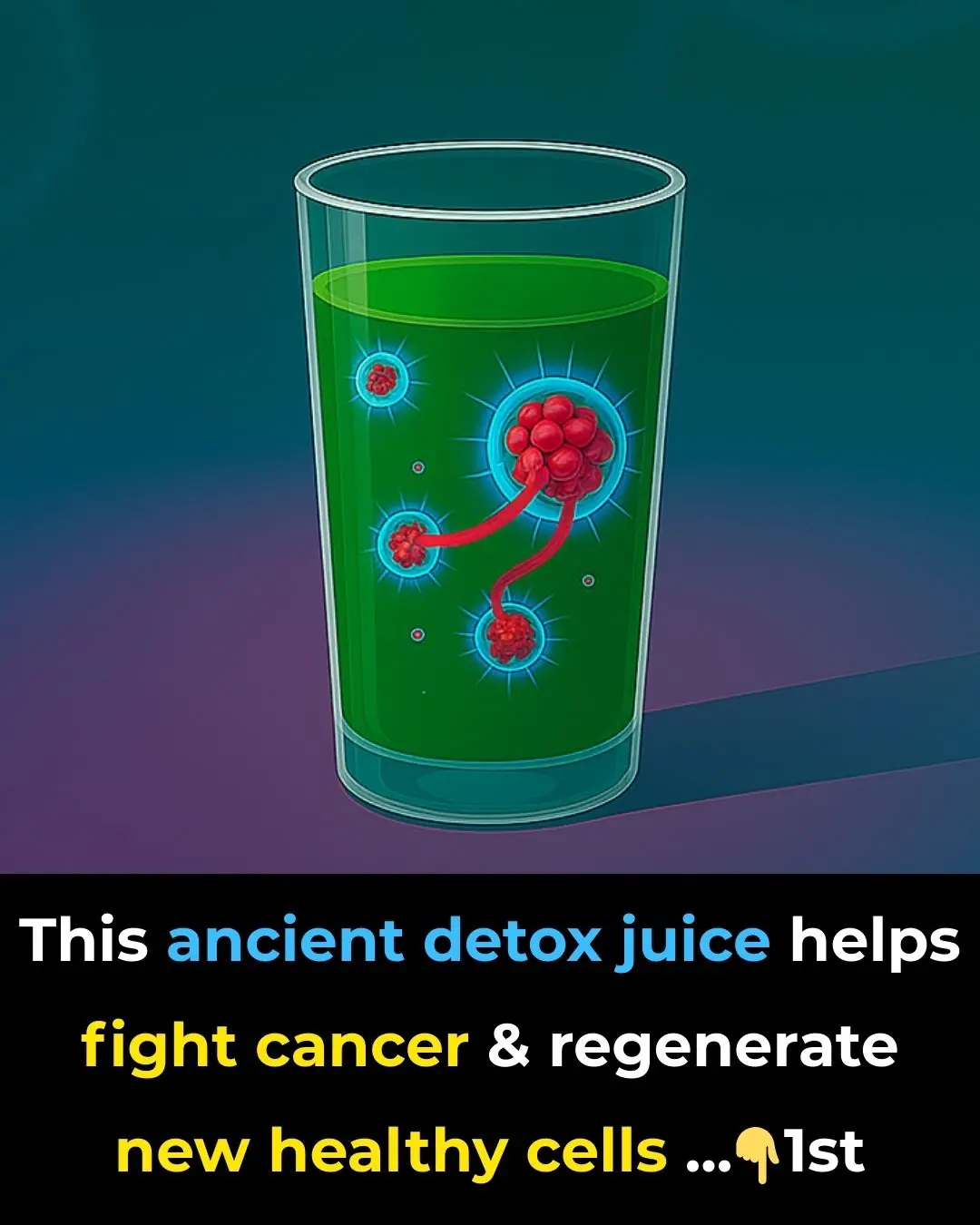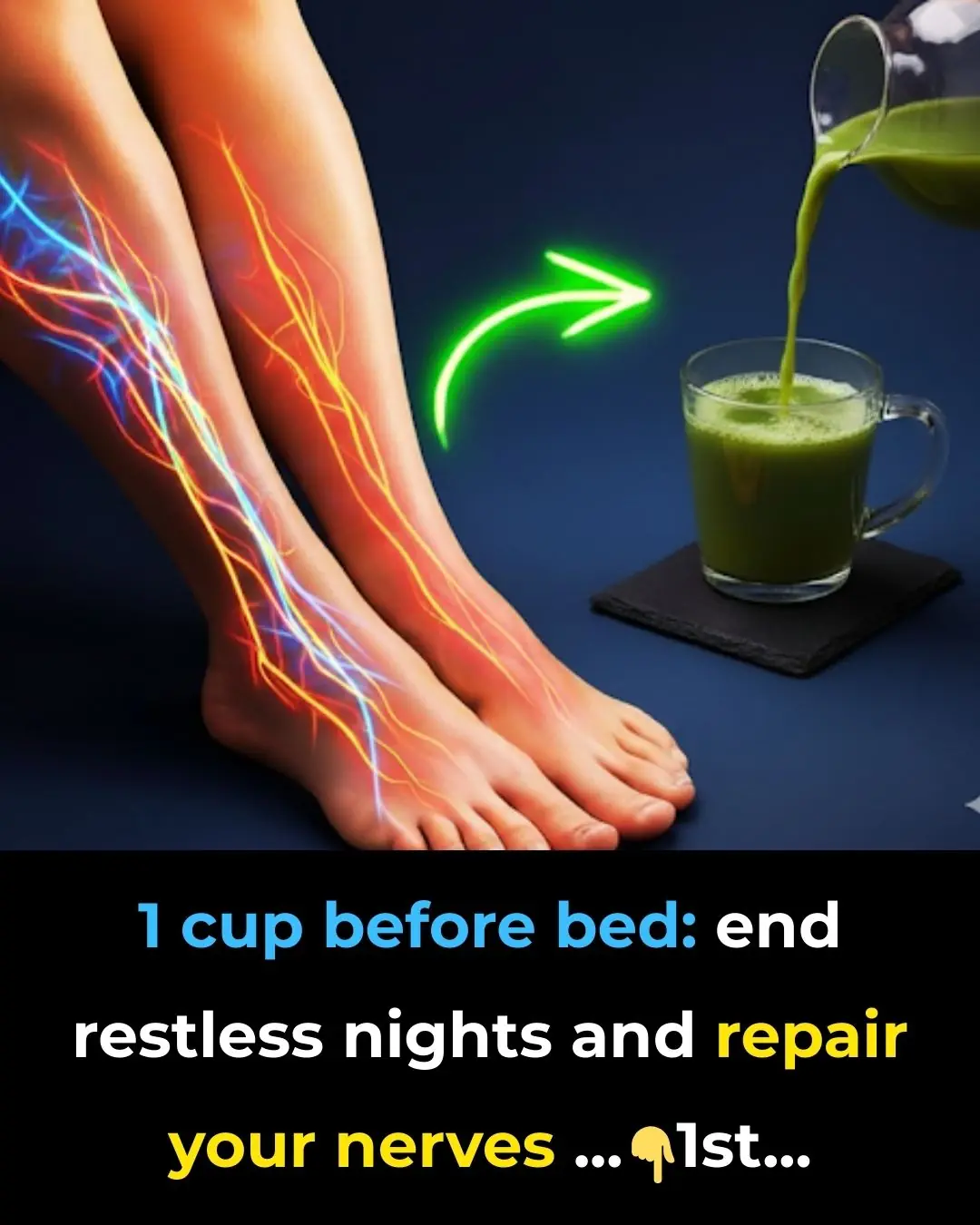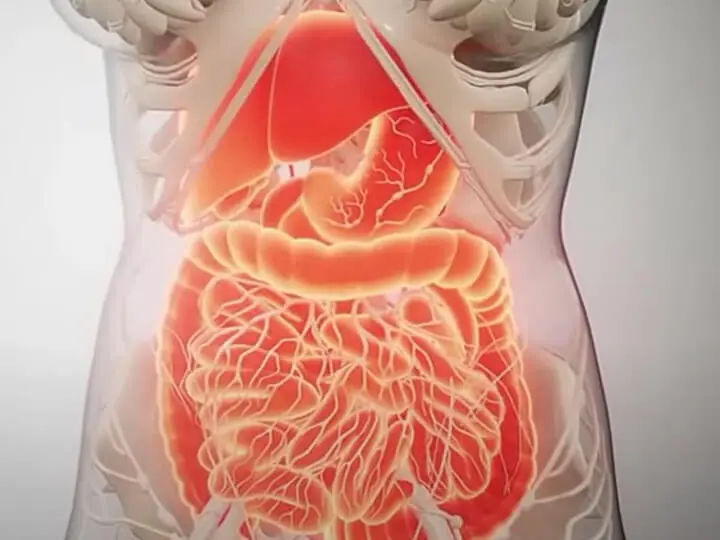
How 600mg of this supplement could transform your pancreas and insulin sensitivity!

This article explores how certain supplements—particularly N-acetylcysteine (NAC)—may support insulin sensitivity and protect your pancreas. We’ll look at the important connection between liver stress and pancreatic function, and how NAC could help reduce that stress through its antioxidant benefits. We'll also highlight other beneficial compounds like alpha-lipoic acid (ALA) and rooibos tea, and emphasize why lifestyle changes remain the cornerstone of long-term health.
The Liver-Pancreas Connection and the Role of Oxidative Stress
Your liver and pancreas are like teammates in charge of managing metabolism and energy. The liver processes toxins and nutrients, while the pancreas regulates blood sugar through insulin and produces digestive enzymes.
When the liver is under chronic stress—due to a poor diet, alcohol, environmental toxins, or even medications—it generates oxidative stress, a byproduct of cellular damage. This doesn’t just stay in the liver. The stress can “spill over” and impact other nearby organs, particularly the pancreas.
This is critical because your pancreatic beta cells, which produce insulin, are highly sensitive to oxidative damage. If these cells become dysfunctional or inflamed, insulin production drops, and insulin resistance can develop or worsen. Digestive enzyme production can also be compromised, which may impair nutrient absorption, including fat-soluble vitamins like A, D, and E.
Think of your liver as the traffic controller. If it's overwhelmed and sending mixed signals, your pancreas can’t respond properly. That miscommunication can lead to inflammation, oxidative damage, and a breakdown in glucose metabolism.
N-Acetylcysteine (NAC): A Key Player in Liver and Pancreas Support
NAC is a well-known supplement that serves as a precursor to cysteine, one of the building blocks for glutathione—your body’s most powerful antioxidant. Glutathione protects cells from oxidative damage, supports detoxification, and is particularly critical for liver function.
However, chronic liver stress can deplete glutathione levels. This is where NAC becomes especially useful—it helps the body rebuild its natural defenses.
A 2018 study published in Scientific Reports showed that people taking NAC had significantly reduced levels of liver enzymes like ALT and AST—common markers of liver stress. While NAC doesn’t directly lower these enzymes, it appears to ease the workload on the liver, reducing inflammation and oxidative damage. In turn, this lessens the burden on the pancreas, particularly the insulin-producing beta cells.
Key Takeaways:
-
NAC boosts the body’s glutathione production, supporting antioxidant defense.
-
By reducing liver stress, NAC can help protect pancreatic function.
-
Less oxidative stress = better insulin signaling and beta-cell resilience.
Going Beyond NAC: Other Compounds That Support Pancreatic Health
While NAC is a powerful tool, it's not a cure-all. Its bioavailability (how much your body absorbs) isn’t optimal, but oral NAC can still provide meaningful benefits over time. More importantly, it’s better than directly supplementing with glutathione in many cases, because endogenous (self-made) glutathione tends to be more sustainable and effective.
Let’s look at a few more compounds that can support this system holistically:
Alpha-Lipoic Acid (ALA)
ALA is another potent antioxidant that plays a key role in energy metabolism and glucose regulation. It helps regenerate glutathione and supports liver detoxification, making it an excellent complement to NAC.
Several studies suggest that ALA may improve insulin sensitivity, reduce nerve pain in diabetics, and protect against oxidative stress throughout the body.
Pro tip: Taking ALA and NAC together may provide synergistic benefits—supporting both liver detox and beta-cell function in the pancreas.
Rooibos Tea: A Gentle Plant-Based Ally
While it might sound surprising, rooibos tea has shown promise in supporting beta-cell health. A study published in PLoS ONE (albeit in rodents) found that rooibos tea helped restore insulin-producing cells, reduce oxidative stress, and even influence gene expression related to cell survival.
Specifically, rooibos seemed to downregulate genes that trigger apoptosis (pre-programmed cell death) in beta cells. This could help slow the progression of insulin resistance or even promote partial recovery in early stages of metabolic dysfunction.
It’s also caffeine-free, rich in polyphenols, and easy to incorporate into a daily routine.
Why Lifestyle Changes Matter More Than Any Supplement
Here’s the honest truth: no supplement can replace a healthy lifestyle. NAC, ALA, rooibos tea—they’re all tools, not silver bullets. If your diet is consistently high in processed food, sugar, and refined carbs, no supplement will be enough to fix the problem.
Imagine you’re trying to bail water out of a leaking boat. Supplements are like small buckets helping you scoop water out—but if you don’t patch the hole, you’ll always be sinking.
Here’s what really moves the needle:
-
Exercise regularly: Even 20–30 minutes of walking daily can dramatically improve insulin sensitivity.
-
Balance your carb intake: Reduce added sugars and refined carbohydrates.
-
Focus on whole foods: Leafy greens, lean proteins, healthy fats, and fiber-rich options.
-
Reduce toxin exposure: Cut back on alcohol, processed foods, and endocrine disruptors when possible.
-
Manage stress: Chronic stress contributes to inflammation and hormonal imbalance.
When you combine targeted supplements with smart lifestyle changes, you create a strong foundation for long-term metabolic health. Every step toward reducing inflammation, improving liver function, and supporting your pancreas pays dividends.
Final Thoughts
Supporting your liver and pancreas isn't just about supplements—it’s about creating an environment in your body where healing is possible. NAC may help replenish critical antioxidants. ALA can strengthen your metabolic function. Rooibos tea might protect your beta cells. But the real power comes when you pair these tools with intentional choices around food, movement, and self-care.
Health isn’t about quick fixes—it’s about sustainable systems. Start small, stay consistent, and your body will thank you.
News in the same category


Can Cold Water Hurt Your Stomach?

How to Get Rid of Dead Dry Skin on Feet

Why You Should Start Using Coconut Oil as a Toothpaste

7 Drinks That Improve Blood Flow and Prevent Varicose Veins (Backed By Science)

This Ancient Detox Juice Fights Cancer And Helps Regenerate New Healthy Cells

1 cup before bed: end restless nights and repair your nerves

Dogs Able to Sniff Out Parkinson’s Before Symptoms Appear

Plant-Heavy Diets’ Link to Reduced Cancer Risk Strengthened

Your Brain May Not Be the Only Place Storing Memories, Scientists Say

Neurologist Advises Ceasing Beer Consumption by Age 65

Sleeping Naked: 8 Surprising Benefits

Why Your Legs Cramp at Night (And How to Fix It)

How to Use Rice Water for Gorgeous Hair and Skin (Detailed Instructions)

Beware: U.S. Salmon May Be Crawling with Japanese Tapeworm, Say Scientists

Colon Cleansing: How to Naturally Flush Your Colon at Home (Science-Based)

3 Morning Symptoms That May Signal the Onset of Canc3r

"8 abnormal signs warning of c3rvical canc3r that women need to recognize early"

If you don’t correct these 5 harmful eating and drinking habits right away, sooner or later your esophagus will also be “ravaged” by cancer cells.
News Post

Your Washing Machine Has a Special Setting That Dries Clothes Faster – Most People Don’t Know About It

No Refrigerator Needed: 6 Ancient Ways to Keep Eggs Fresh for a Month

Pour Vinegar on Clothes – A Surprising Benefit You Never Knew

Six Reasons Why a Freestanding Kitchen Is Better Than a Built-In One

How to Prevent and Treat Toenail and Foot Fungus

Six Ways a Home Renovation Can Cause Mold

Can Cold Water Hurt Your Stomach?

During Humid Weather, Place a Pair of Scissors into Your Rice Container – A Surprising Use That Few People Know

How to Get Rid of Dead Dry Skin on Feet

A Simple and Quick Trick to Clean Stains on Clothes

Pour Soda onto a Bar of Soap: A Clever Trick That Brings Great Benefits, Loved by Every Household

Why You Should Start Using Coconut Oil as a Toothpaste

Understanding the Relationship Between Breast Size and Hormonal Health

7 Drinks That Improve Blood Flow and Prevent Varicose Veins (Backed By Science)

If you have these two holes in your back, it means…

This Ancient Detox Juice Fights Cancer And Helps Regenerate New Healthy Cells

1 cup before bed: end restless nights and repair your nerves

Dogs Able to Sniff Out Parkinson’s Before Symptoms Appear
